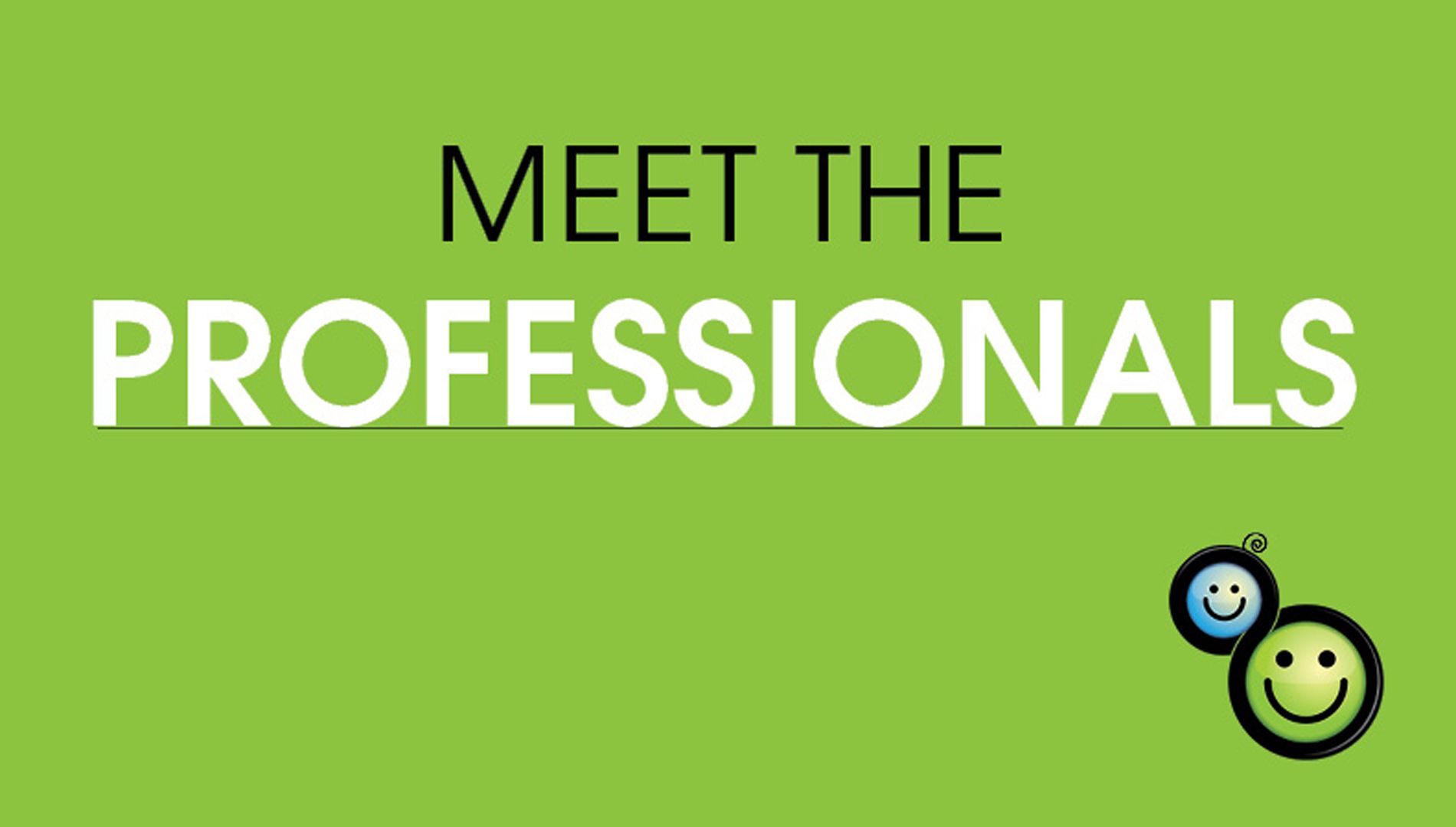Full name: Karen Atkinson
Qualification: Bachelor of Speech Pathology; Master of Special Education
Q – How long have you been a practicing Speech Pathologist?
A – I graduated as a Speech Pathologist almost 20 years ago and have been working with the paediatric population ever since, apart from a few years off to have my own children.
Q – Do you often treat children in the preschool or early schooling years?
A – I work within the 0-18 age group, but most of the children I see are 2-5 years old.
Q – Over recent years, have you witnessed any new trends or changes concerning age-appropriate development, during your dealings with preschool aged children?
A – The biggest change I have seen is the onset of tablet/iPad use in young children. When I first started working as a speech pathologist, there were any tablets. But now most children have access to them at home. This isn’t necessarily a bad thing. This technology can be a great educational tool when used in moderation alongside high quality apps. But when quality interactions with parents or carers is replaced by extended periods of screen time, this can have a significant impact on a child’s developing language skills.
Q – Are there particular areas you’d recommend that Educators or parents should be focusing on with preschool aged children to prepare them for school?
A – Absolutely. Here are my reccommendations:
a. Vocabulary vocabulary vocabulary! The literature says that a child’s vocabulary at age 3 can predict their reading level at third grade. So building up a child’s word knowledge is essential for both oral language development and developing literacy skills. Help to increase a child’s vocabulary through explaining the meaning of unfamiliar words, then relating these words to something they already know. For example, during pretend play doctors, use words such as stethoscope, prescription, thermometer. Use them again and again during play, when sharing books, and when going to the doctors in real life!

b. Listening and following directions. There is an expectation that a child starting school can listen and follow multiple step instructions independently, like “go to your bag, get out your crunch and sip, then sit on the floor”. Doing lots of listening tasks can help prepare children for this big transition.
c. Create literacy rich environments. Preliteracy activities include:
- Create environments full of meaningful print, such as menus in a pretend café, signs by the bike track or labels for shop items.
- Help children learn how print works. Talk about the print they see, such as “where do we start reading on the page?”, “caterpillar is a really long word”.
- Build knowledge of the alphabet.
- Encourage play with sounds, syllables and words. Eg, “whose name starts with the sound zzzz, like zoo?”.
- Songs, read rhyming stories and play rhyming games. This helps children think about sounds and letters.
- Build sound-letter knowledge. Talk about how the letters of the alphabet represent speech sounds. These can be combined to make words. Set up a pretend office and file away picture cards. Eg, pictures of a tree and truck are filed in the folder labelled T.

Q – Do you have any favourite speech pathology focused activities for preschoolers that you could share with us?
A – Sure! Some activities to focus on include:
- Talk to children through meaningful back and forth conversations, as it’s not enough for children just to hear lots of words. Children who hear more words AND who have more conversations with their parents and Educators have better language skills.
- Share books together: One of the best ways to build a child’s vocabulary is through book sharing. If a child is read to for 5 minutes per day, they are exposed to 282,000 words per year. However if they are read to for 20 minutes per day, this jumps to 1.8 million words per year! So sharing books daily with children can have a huge impact on their vocabulary development. Not to mention other benefits such as improving their attention, stimulating their imagination, improving complexity and structure of language, providing a reading role model, etc..
- Help children understand how stories work. Talk about who is in the story (characters), where and when the story takes place (setting), what happens and why (problem, actions), and how the story ends (resolution). Re-enact the story to help their understanding. For example, go hunting for a bear together (Going on a Bear Hunt), put some toy farm animals in some water and figure out who sank the boat (Who Sank the Boat), hide Spot or a toy sheep somewhere and see if the children can find it (Where’s Spot, Where is the Green Sheep).
Q – If, as an Educator or parent, you have concerns about the language development of a child in your care, what’s the best course of action?
A – Speech pathologists specialise in a range of areas associated with communication development. This may involve someone experiencing difficulties with speaking, listening, understanding language, reading, writing, social skills, stuttering or using their voice. Children who experience feeding difficulties can also be helped by a speech pathologist.
If concerns arise in any of these areas, speech pathologists can typically be accessed either through the public or private sector. For public access, your GP or Child Health Nurse can put you in contact with your local speech pathology services. To find a private speech pathologist, get online at www.speechpathologyaustralia.org.au and click on “Find a Speech Pathologist”. A parent referral is usually all that is needed.
If you are concerned about a child’s speech or language development, it’s also a good idea to get a current audiology assessment to rule out any hearing problems.
The Speech Pathology Australia website also has a variety of Fact Sheets including Communication Milestones and The Sound of Speech. Again, log onto the website and click on “Resources for the Public” for more information. Finally, if you are unable to find information on a specific topic contact the Association.
Follow along on our social pages to ensure you don’t miss out on all of the Kinderloop tips & hints, and learn about our new features!
Facebook
Instagram
